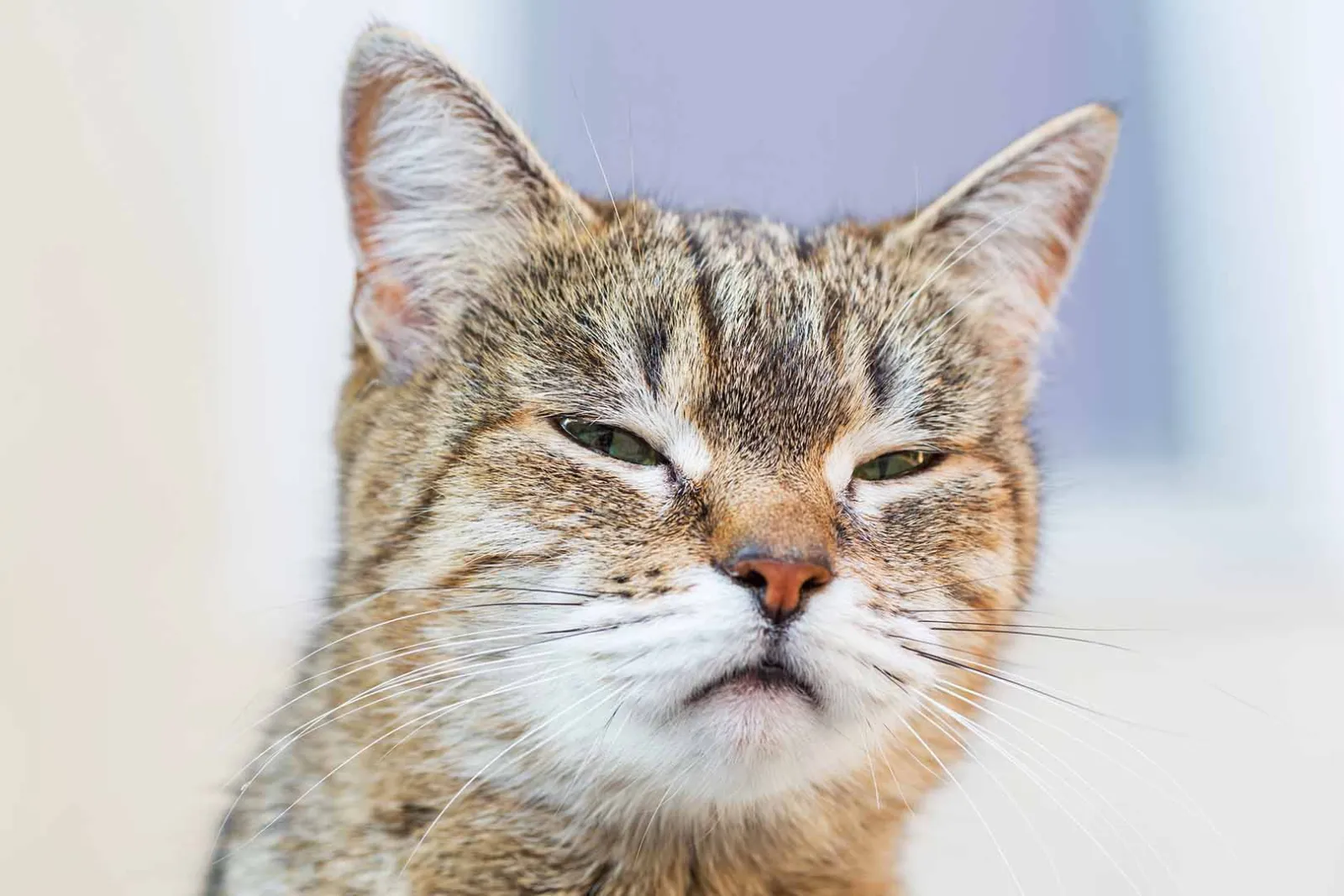How Long Do Cats Hold Grudges For?
How Long Do Cats Hold Grudges?
- Cats may not hold grudges in the way humans do, but they do remember negative experiences.
- Understanding a cat's short term memory can explain certain behaviors, like avoiding people or places.
- Proper care can help rebuild trust with a cat after a negative experience, especially when cat abuse is involved.

Cats are mysterious creatures, often keeping us guessing about their thoughts and behaviors. One common question cat owners ask is: How long do cats hold grudges for? While cats don't harbor grudges in the same emotional sense as humans, they do remember negative experiences and may react accordingly for some time. This understanding involves exploring cat cognition, which helps decode their short term memory and long term memory.
Understanding Cat Cognition
Cats possess a unique form of intelligence, capable of learning, memory, and problem-solving. Cat cognition refers to the mental processes that enable them to perceive, remember, and act on their surroundings. Although they might not exhibit emotions the way humans do, cats can form associations between events and outcomes, such as associating a particular person with a negative experience.
These associations often stem from situations where a cat has felt threatened or frightened. For instance, if your cat has been startled or mistreated, it may avoid the person or area for a while, even if there was no intent to harm. This isn't exactly a grudge but rather a learned response.
The Role of Short Term Memory
A cat's short term memory is key to understanding some of its more immediate behaviors. Research suggests that cats' short term memories last around 16 hours, which means they can remember recent events and react accordingly. If a cat has had a minor scare—such as a loud noise or being bumped by accident—it may remember and act skittishly for a short period.
However, in cases of cat abuse or more significant negative experiences, the memory may linger longer. In these situations, the fear or mistrust associated with a person or event could extend for days or even weeks. During this time, the cat might avoid contact or behave differently around the person it associates with the bad experience.
Short term memory helps cats avoid immediate danger, while long term memory is responsible for storing information that could affect their behavior over time.
Long Term Memory and Grudge-Like Behavior
While long term memory in cats isn't fully understood, it is clear that they can recall past experiences and adjust their behavior based on those memories. Cats tend to hold onto emotionally significant events, both positive and negative, for extended periods. This is why a cat that has experienced cat abuse may remain fearful of certain individuals or environments for a long time.
What humans interpret as a "grudge" is more likely a survival mechanism. Cats are wired to protect themselves, so when they associate a person, object, or situation with fear or harm, they might respond by avoiding them in the future. While it may seem like the cat is harboring resentment, it's more accurate to say that the cat is relying on its long term memory to avoid potential threats.
For example, if your cat has had a traumatic experience at the vet, it might hide or act anxious during future visits. This isn't a grudge but a learned behavior rooted in memory. However, with positive reinforcement and gentle care, many cats can overcome these associations and rebuild trust over time.
Rebuilding Trust After a Negative Experience
If you suspect your cat is acting out due to a negative memory or experience, especially one involving cat abuse, it's important to be patient and understanding. Cats can learn to trust again, but it takes time, effort, and kindness. Small steps, such as providing a safe, quiet environment and offering treats or affection on the cat's terms, can help ease their anxiety.
Forever Vets offers a range of feline behavioral services to help owners understand and address their cat's unique needs. Whether you're dealing with fear-based aggression or trust issues, our team can guide you in creating a healthy and trusting relationship with your cat.
The Misconception of Grudges
It's important to clarify that when people talk about a cat "holding a grudge," it's often a misinterpretation of feline behavior. Cats may remember negative experiences, but they don't hold grudges in the way humans do, with ongoing anger or resentment. Instead, they are responding to learned experiences and adjusting their behavior based on what they perceive as threats.
This might explain why a cat seems to "punish" an owner by ignoring them after something it didn't like happens, such as being taken to the vet. The cat isn't angry, but it might associate the owner with the negative event for a while, leading to avoidance. However, as short term memory fades and positive associations are built again, the cat's behavior typically returns to normal.
So, how long do cats hold grudges for? The answer is that while cats don't hold grudges in the human sense, their short term memory and long term memory allow them to remember negative experiences and adjust their behavior accordingly. This could last anywhere from a few hours to much longer, depending on the severity of the experience. Understanding cat cognition can help pet owners take the right steps to rebuild trust and strengthen their bond with their feline friends.
Schedule an appointment with us today to help strengthen your relationship with your cat and ensure they get the care they deserve.


